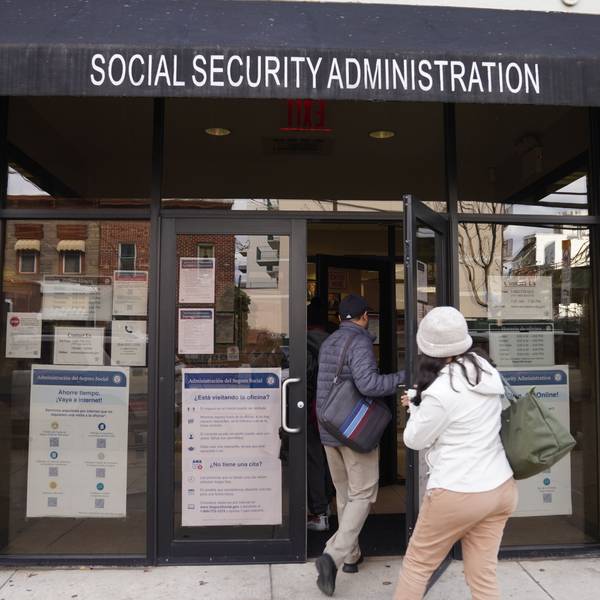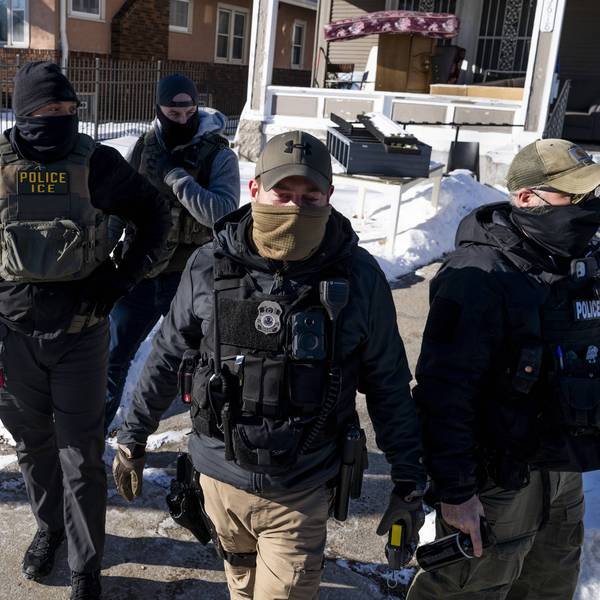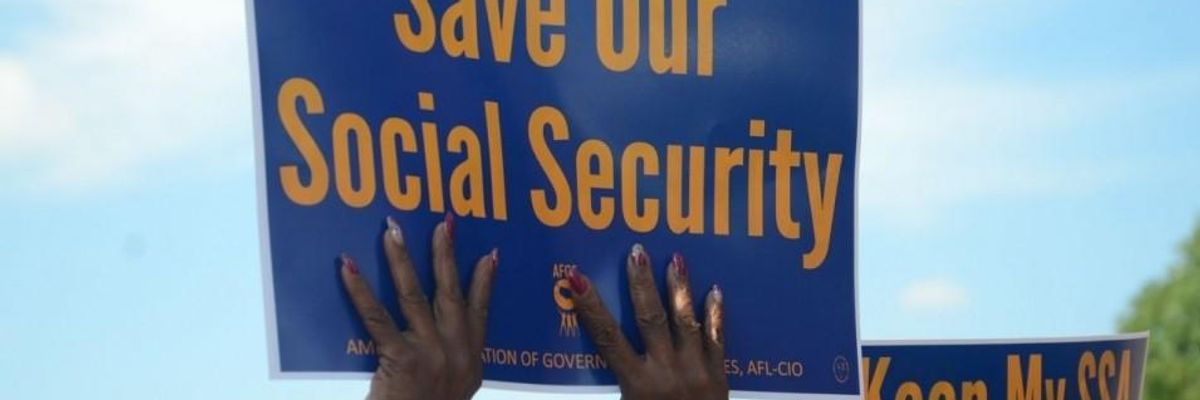Closing Social Security field offices can cause undue hardship for claimants, yet the Social Security Administration (SSA) has shuttered 67 of them since 2010. Seniors advocates have recently intensified their efforts to push back against field office closures. Those efforts may finally gain some teeth with the introduction of a bill by Rep. Gwen Moore (D-Wisc.). Her 'Maintain Access to Vital Social Security Services Act of 2018' (H.R. 7160) would make it harder for the SSA to summarily close field offices.
Congresswoman Moore represents a district that includes the city of Milwaukee, where SSA closed a field office serving poor and mostly Hispanic residents last Spring - forcing them to seek assistance at an alternate location that's hard to reach by public transportation.
SSA closed other field offices in urban areas earlier this year, including one in Arlington, VA (just outside the Nation's Capital), and another in the city of Baltimore. A Social Security office in urban Chicago was closed in 2017. In all three locations, elderly and disabled Social Security claimants have been forced to travel longer distances to obtain in-person service.
As Mark Miller recently reported in the New York Times, closures inflict hardship on rural areas, too. The closing of an SSA field office in Quincy, Florida has made service harder to obtain for lower income claimants who don't have a car to travel some 30 miles to the nearest office in Tallahassee. "We are a rural community with many seniors and a very high poverty rate," the county commissioner in Quincy told the Times. "We really felt like our community was being dishonored."
The legislation includes a temporary moratorium on all office closures until SSA has submitted a report to Congress about the impact of past closures on public service. Rep. Moore's bill creates powerful safeguards against hasty or ill-conceived office closures. The legislation includes a temporary moratorium on all office closures until SSA has submitted a report to Congress about the impact of past closures on public service. Another provision requires SSA to disclose any plans to close or consolidate locations in its annual budgets. All proposed closures would be subject to stricter Congressional oversight.
Field office closures accelerated after 2010, when Congress slashed SSA's operating budget. The agency endured an 11 percent budget cut (adjusted for inflation) from 2010-2017. Congress finally reversed the trend in 2018, increasing SSA's administrative budget by $480 million for FY '18 and a modest increase for FY '19. Even with these boosts, the agency's budget isn't keeping pace with inflation.
SSA insists it does not need as many field offices because claimants can always obtain services online. This ignores the reality that some seniors simply do not have full internet access - and tend to be more comfortable transacting personal business in person. In fact, a 2017 poll by Lake Research Partners found that a majority of American voters prefer to communicate with a live person at the Social Security Administration.
That preference is well-founded. Witold Skwierczynski of the American Federation of Government Employees (AFGE), the union representing field office workers, says that online Social Security claims are often "rife with errors." "The internet," he says, "is not the answer."
In justifying office closures, SSA sometimes claims that there are no available alternate locations in the immediate vicinity. The agency asks us to believe that its real estate agent, the U.S. government's General Services Administration (GSA), is somehow unable to find nearby space in areas with ample office vacancy rates. This is the kind of questionable claim that Rep. Moore's bill would subject to greater scrutiny.
In addition to imposing hardship on claimants, reductions in customer service like office closures can undermine the public's faith in Social Security itself. Reeling from the drastic budget cuts between 2010-2017, SSA downsized its workforce. Those cutbacks led to interminable hold times on the agency's customer service phone lines, crowded field offices, and 500-day waits for disability hearings. Nearly 19,000 disabled claimants died before their cases could be heard during a single two-year period. These customer service issues erode confidence in the system, leaving Social Security vulnerable to benefit cuts that opponents of the program have been advocating.
A steadfast champion of Social Security, Congresswoman Moore has proposed reasonable legislation to clamp down on unnecessary office closures. Congress should pass it, the president who promised to protect Social Security should sign it, and SSA's budget should be increased to implement it. The elderly and disabled who rely on Social Security to maintain a basic standard of living have enough challenges. Worrying that their local Security office might suddenly disappear shouldn't be one of them.




